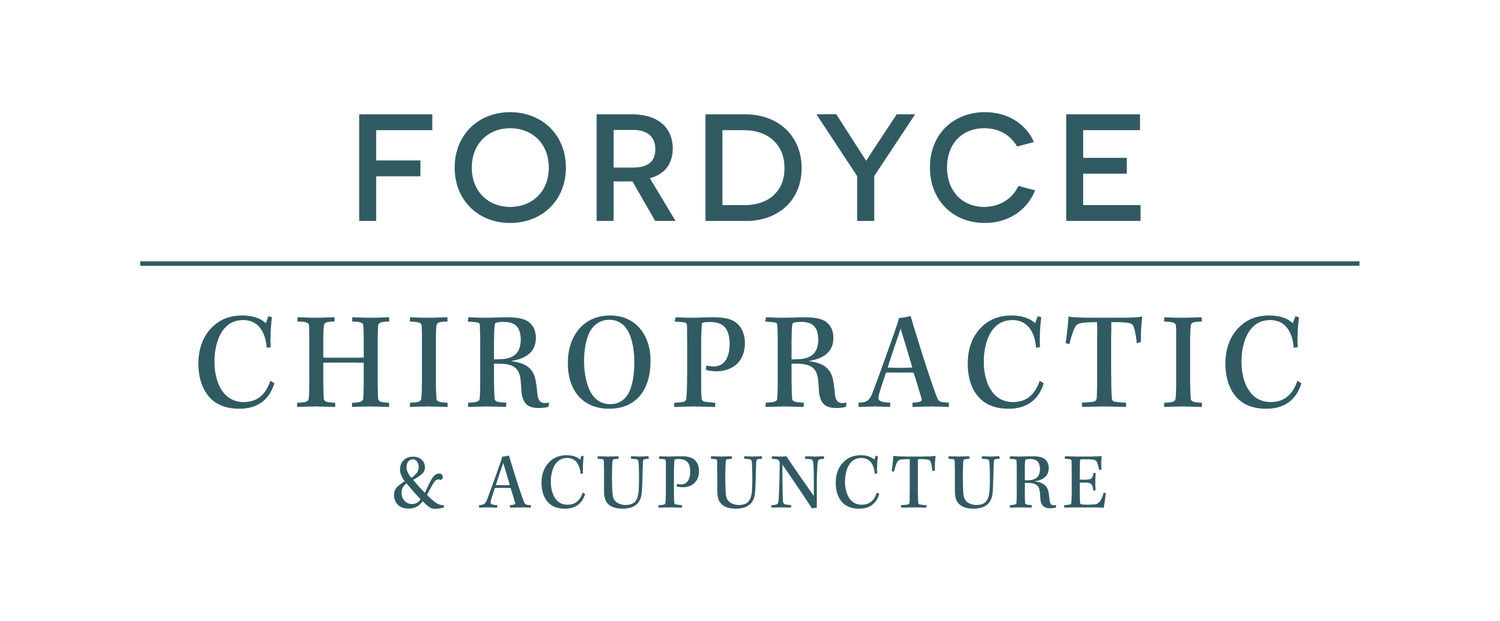
Frequently Asked Questions
What is chiropractic? Why is it important? Can it relieve my symptoms?
A chiropractor is a healthcare professional who specializes in diagnosing and treating neuromusculoskeletal disorders, with an emphasis on treating the spine and extremities. Chiropractors believe that misalignments (subluxation) of the spine can cause a variety of health problems by interfering with the nervous system.
Chiropractors use a variety of techniques to manipulate and adjust the spine and other joints in the body to correct misalignments and restore proper function. During a chiropractic adjustment, the chiropractor will typically use their hands or instrument to apply a quick, controlled force to a specific joint in the spine or extremity. This force may be applied using a variety of techniques, including:
Diversified technique: This is the most common chiropractic technique, which involves a high-velocity, low-amplitude thrust to the affected joint.
Gonstead technique: This technique involves a specific analysis of the spine to identify misalignments and then uses a precise adjustment to correct the problem.
Thompson technique: This technique involves the use of a drop table, which allows the chiropractor to apply a quick thrust to the joint while the table drops.
Activator technique: This technique uses a handheld instrument to apply a gentle force to the joint.
**GENTLE** great for babies, kids, elderly, and anyone who hates the “popping” sensation!
Chiropractors are trained in a four-year doctoral program and must be licensed in the state in which they practice. They work with patients of all ages and can help with a wide range of conditions, including back pain, lower back pain, sciatica, neck pain, headaches, extremity joint pain, and overall health and wellbeing.
What is acupuncture?
Acupuncture is an eastern medical practice that involves the insertion of thin, sterile needles into specific points on the body. The practice is based on the idea that there is a vital energy, known as Qi (pronounced "chee"), flowing through the body along specific pathways called meridians.
By stimulating or sedating specific points along these meridians, they can help to restore the balance of Qi and promote healing. The needles used in acupuncture are typically left in place for 10-20 minutes, during which time the patient may experience sensations such as warmth, tingling, or dull pressure.
Acupuncture is often used to treat a variety of conditions, including chronic pain, headaches, digestive issues, mental, and emotional symptoms.
What is dry needling?
Dry needling is a therapeutic technique that involves inserting thin, sterile needles through the skin and into muscle in order to relieve pain and muscle tension. It is called "dry" needling because no medication or liquid is injected into the body with the needles.
Dry needling is often used to treat muscle and/or fascia-related pain, commonly characterized by painful knots in the muscles, also known as trigger points. The needles are inserted directly into the trigger points to release tension, reduce pain, and improve range of motion.
Dry needling is typically performed by a licensed healthcare professional, such as a physical therapist, chiropractor, or acupuncturist, who has received specialized training in this technique. It is important to note that dry needling is different from acupuncture, which is based on traditional Chinese (Eastern) medicine and involves the insertion of needles along specific energy pathways, or meridians, in the body.
What is a whole food supplement?
A whole food supplement is a dietary supplement that contains concentrated whole foods, which are sources of essential nutrients such as vitamins, minerals, antioxidants, and fiber. These supplements are made from natural food sources, such as fruits, vegetables, grains, nuts, and seeds, and are processed to extract the essential nutrients.
Unlike synthetic supplements, whole food supplements contain complex compounds that are found in whole foods, such as phytonutrients and enzymes. These compounds work together to provide a variety of health benefits, such as supporting immune function, promoting digestion, and reducing inflammation.
Whole food supplements are often marketed as a way to improve overall health and well-being, and they are commonly used to fill nutritional gaps in the diet. However, it's important to note that whole food supplements should not be used as a replacement for a balanced and varied diet.



